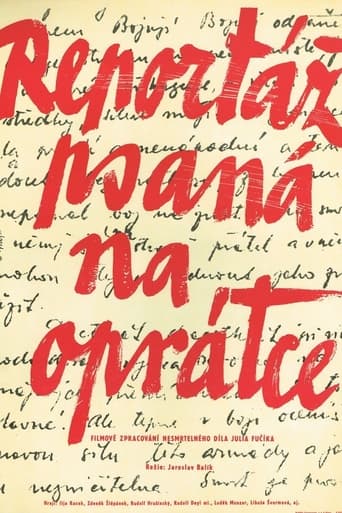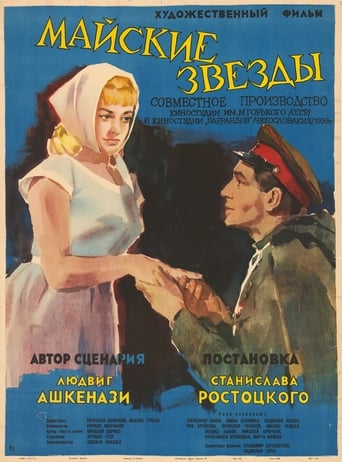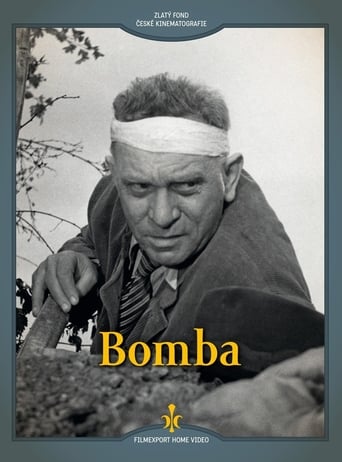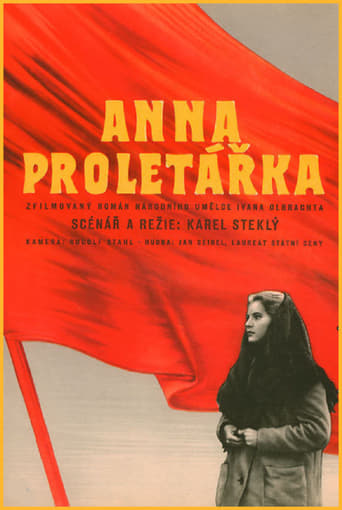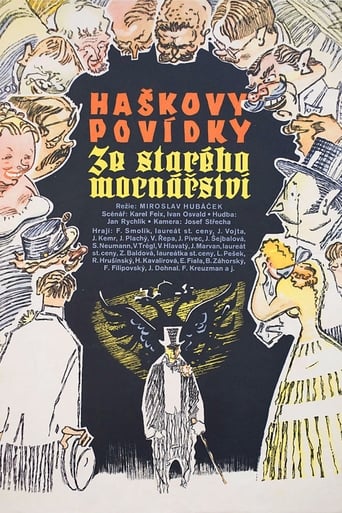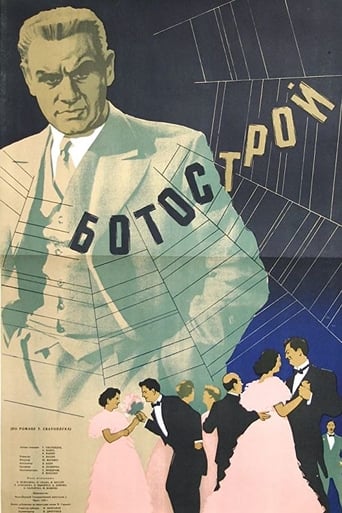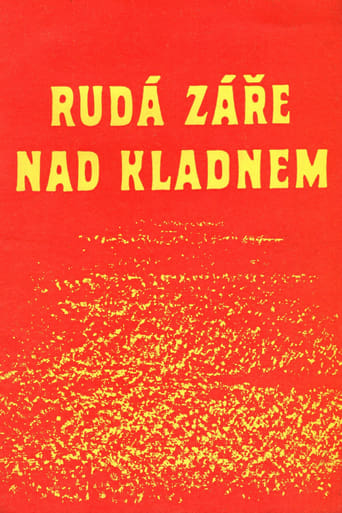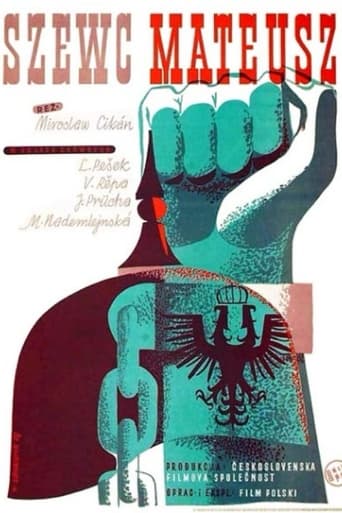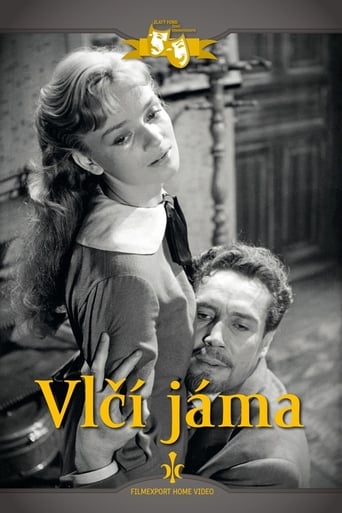Svatopluk Majer
Recently added
Que les étoiles
May 05, 1959Mai 1945. En périphérie des gens ordinaires Prague ont accueilli les soldats soviétiques libérateurs avec des larmes de joie dans ses yeux. Dans les premiers jours d'une personne calme se souvient tristement la vie avant la guerre; quelqu'un rencontre inopinément son amour; quelqu'un revient de les chambres de torture de l'ennemi, avec l'espoir de regarder vers l'avenir; et quelqu'un, réensemencement du réservoir dans le tramway tchèque, se souvient avec émotion son motorman artisanale ...
Drama
Bomba
Jan 01, 1958Drama
Soudný den
Nov 11, 1949Comedy
Dva ohně
Feb 17, 1950A socialist drama from the time of the February coup. The owner of the brickyard will use several workers before February in order to subvert worker solidarity and continue to do his black business. However, the vigilance of a young, aware worker prevents him from doing so.
Drama
Anna proletářka
Feb 20, 1953Haškovy povídky ze starého mocnářství
Dec 25, 1952Botostroj
Sep 24, 1954The happenings in a shoe factory serve as a not very thinly veiled examination of the pros and cons of both socialism and democracy.
Drama
Rudá záře nad Kladnem
Feb 24, 1956Drama
Temno
Aug 24, 1951Drama
První parta
Feb 19, 1960Drama
O ševci Matoušovi
Mar 26, 1948Drama
Vítězná křídla
Feb 09, 1951Workers from the aviation factory near Prague set up a racing club for young people that will take part in the international sailing competition for Czechoslovakia.
Drama
Vlčí jáma
May 23, 1958The title of this highly-regarded Czech drama translates as Wolf Trap. Set in the 1920s, the story revolves around an ambitious young provincial politician (Miroslav Dolozai) who enters into a marriage of convenience with a smotheringly possessive -- and much older -- woman (Jirina Sejbavola). Hoping to temporarily escape his overbearing wife's clutches, the husband strikes up a friendship with her young ward (Jana Brejchova). The relationship blossoms into a deep abiding love, but the jellyfish husband can't bring himself to declare his ardor to the girl. Even after the death of the wife, the husband hasn't the intestinal fortitude to admit his passion, and the results are bleak indeed for the unfortunate ward. Director Jiri Weiss does a masterful job staging his story of frustration and denial against a backdrop of post-WWI bourgeois banality.
Drama
